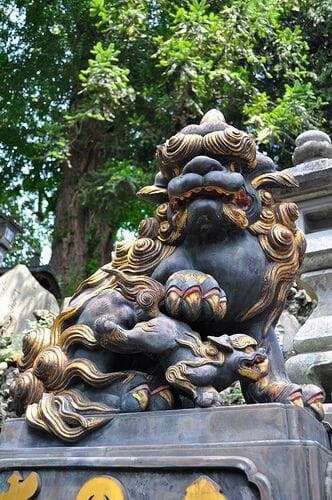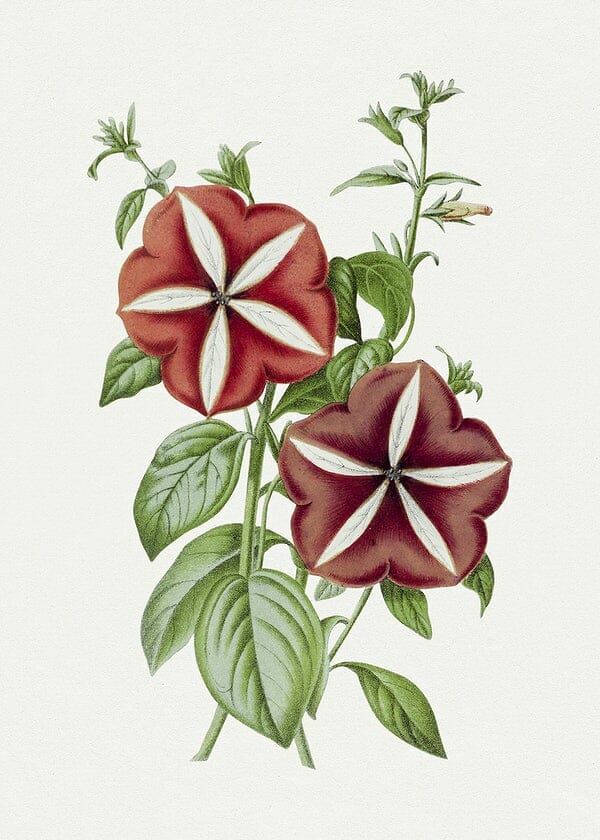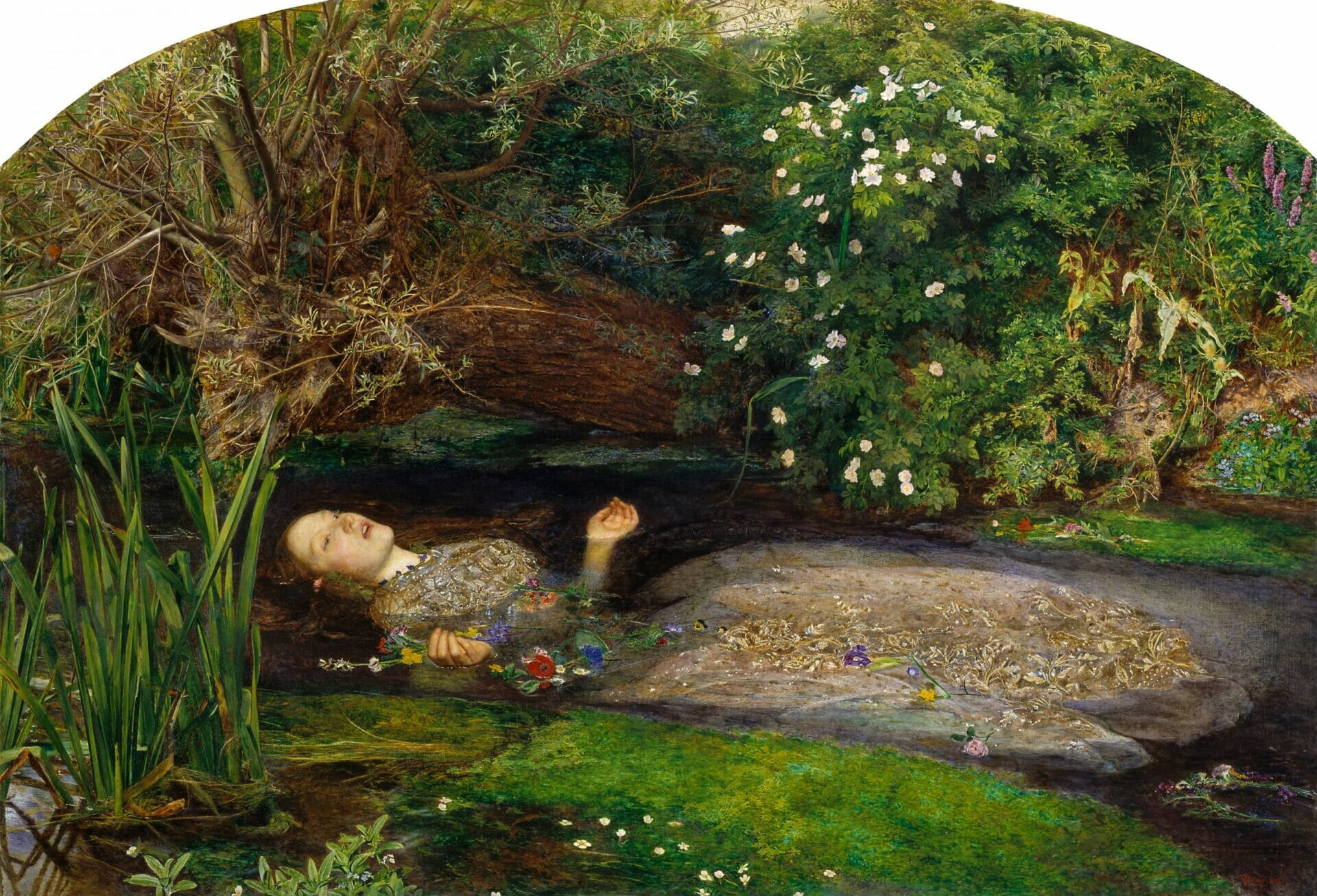
The Keeper by Patrizia Cavalli | Pleasure has no doors
Author
Year
Format
Patrizia Cavalli is one of the few contemporary Italian poets known abroad. The anthology of her poems in English translation My poems won’t change the world must have significantly contributed to this kind of success. In order to be understood, the over two hundred verses from her poem The Keeper should be read more slowly than their cantability would suggest. In fact, the fourteen stanzas of the poem are full of syllogisms and tight reasonings that follow one another until the conclusion, which is basically something straightforward. It consists of the acknowledgment that pleasure is a free game, and there is no secret goal to be conquered with harsh pains.
[…] To finally discover
pleasure has no doors and that
if it does they’re wide open, and
that we could have stayed outside
both of us ill equipped and surrendering equally
playing at doors and keys
with me as the door and you as the keys.
There are only two dramatic personae in the poem: the safebreaker, and the keeper. The lyric self identifies with the safebreaker, while behind the keeper hides her beloved. In the first stanza, the poet recalls having possessed the art of opening all doors since she was a child. It was her innate skill, her disinterested talent. The keeper, instead, is a hostile and statuesque figure. Something like the stone lions placed to protect ancient Chinese palaces from evil spirits. But unlike those apotropaic statues, the keeper from the poem has no protective function.

Playing at doors and keys
One of the text’s possible interpretations would trace sexual elements behind the symbols in the poem – such as the door and the key. The same kind of reading is hidden behind the biblical text of the Song of Songs. There, curiously, the same image of the door separating the two lovers occurs. When the bride answers the door of her room, sure to find her beloved whose voice she heard, she is disappointed as, beyond that door, she can’t find anyone. Similarly, the door in The Keeper represents the border dividing the poet-lover from her beloved’s true delights. But there is an essential difference between these two literary experiences: while, for the biblical bride, pleasure is only postponed, the door Cavalli aspires to unlock turns out to be feigned.
The misleading syllogism
The fascination that the keeper exerts on the lyrical self is based on an assumption. And that is the presumed proportionality between a guarded door and the wealth it hides. The resulting syllogism assumes that a hostile keeper must have been placed to guard a room full of treasures. But, as the poet will soon discover, behind this keeper, there is no door or hidden pleasures.
The door that wasn’t there, the dreamed-of door
That locked you away in goodness multiplied,
Which even you, tired keeper, knew
Was not there, but which even you dreamed of,
Hoping that the keys the laborious
virtue of my keys, could bring into existence
what wasn’t there
The keeper is guarding nothing but her own hostility. And that’s why the safebreaker’s ability to open doors goes up in smoke in front of her. The only opulence hidden behind this guardian is the one the poet could have invented with her words, creating in poetry what was not real. In this regard, Patrizia Cavalli provides a statement of poetics by affirming that her talent moved from keys to words. The childhood exercise of the door and the key, as Patrizia Cavalli says, was nothing but an early apprenticeship in poetry. In fact, since the first stanza, these two skills are presented as two sides of a coin. Just as the sound of the lock being opened was the safebreaker’s true reward, so the reward of poetry lies in the pleasure of sounds. This kind of poetic mood based on sonority perfectly represents this poet’s work.
Tag
Buy a ☕ for Hypercritic









